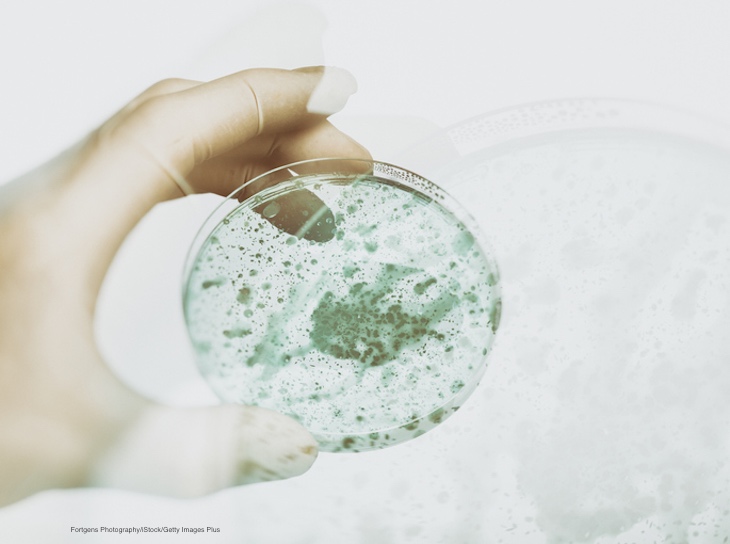The Lansing, Michigan Quality Dairy has Listeria monocytogenes and roach problems, according to a warning letter posted by the FDA on May 13, 2020. That facility produces ready-to-eat sandwiches, salads and bakery products. There is zero tolerance for Listeria monocytogenes contamination in RTE products.

FDA has issued Form 483, which details food safety issues and problems found during inspections. The products made by the manufacturer are considered adulterated “in that they were prepared, packed, or held under insanitary conditions whereby they may have become contaminated with filth or whereby they may have been rendered injurious to health.”
The company responded to inspection reports on February 19, 2020, describing corrective actions, but the FDA issued the letter to advise them of concerns. The company did not implement sanitation control verification procedures for environmental monitoring, and company officials did not take samples as frequently as required. And the firm’s corrective action procedures don’t address the evaluation of all food for safety.
More specifically, the company did not exclude pests from the food plant. Inspectors found five dead German cockroaches, three in the dry storage area, one in the “candy room”, and one in the bakery area. One live German cockroach nymph was found crawling on the MDARD Inspector’s white inspection coat. Between May 16, 2019 and December 20 2019, the company’s pest control contractor left reports stating they saw about 47 German cockroaches. They were found near the mixers, in the bakery area along the donut production lines, and in the dry storage area.
In addition, FDA’s inspectors observed flying insects that were concentrated along the donut lines. Since May 2019, the company’s pest control contractor documented multiple observations of “aquatic flies, gnats, house flies, fruit flies, blow/bottle flies, and green bottle flies.”
Quality Dairy has Listeria monocytogenes contamination in the facility. During the FDA inspections, environmental swabs were collected from different locations in the processing areas. In 2019, seven swabs were positive for Listeria monocytogenes The six isolates from the 2019 samples and one positive sample from a 2016 inspection were genetically identical, which means that Listeria monocytogenes was a resident pathogen in the facility from 2016 to 2019.
Once Listeria monocytogenes is established in a facility it can be very difficult to eradicate. The pathogen forms a biofilm that protects it against cleaning solutions. The company needs to give ongoing attention to environmental monitoring and corrective actions to eliminate the pathogen from the environment.




